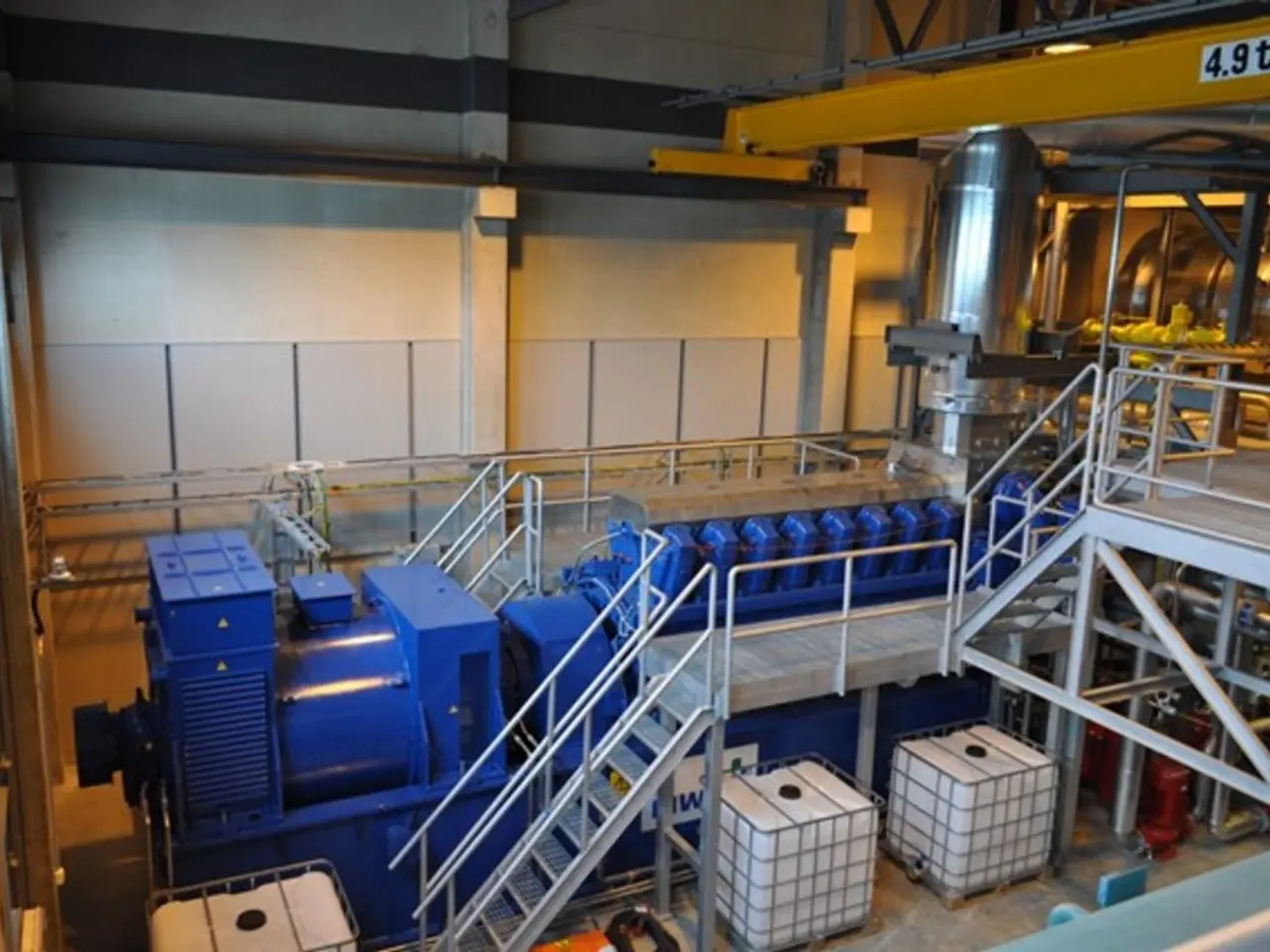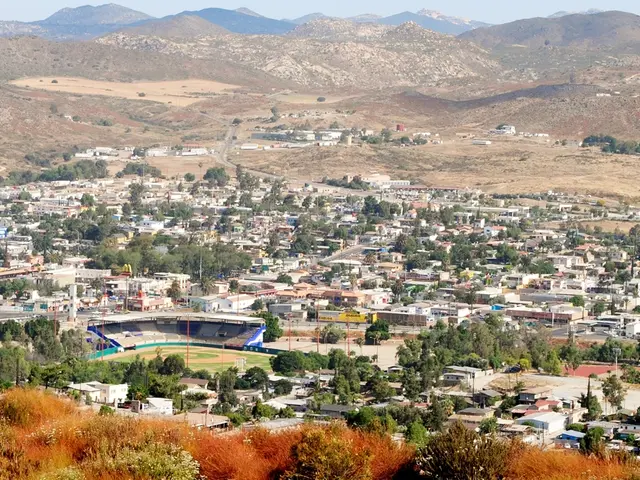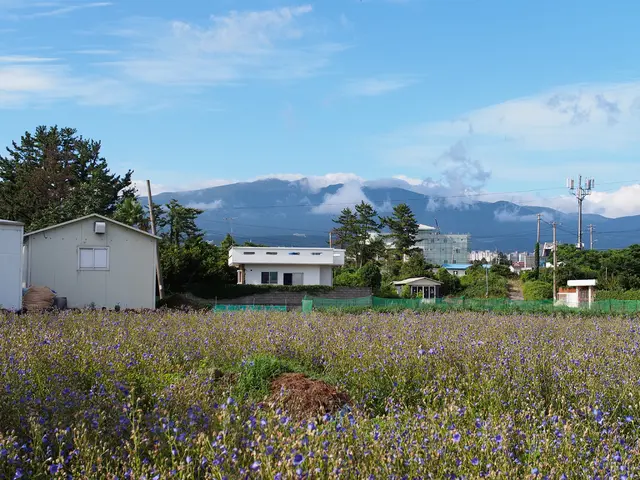Factory's Time to Commence Operations Signaled by the Bell's Ring!
The First Urals New Pipe Plant (PNTZ) in Russia is opening its doors to the public with a new industrial tour called "Pipe Calling!". This unique opportunity invites visitors to delve into the world of steel pipe manufacturing, a crucial component in the oil and gas industry.
Anna Trepalova, head of the industrial tourism department of TMK, emphasises the importance of industrial tourism as a means to attract young people's attention to domestic industry. By participating in the "Pipe Calling!" tour, visitors can gain a first-hand understanding of the intricate process of pipe manufacturing and the technology used.
The tour begins at the Final Center, a section dedicated to the final processing of tubes designed for complex operating conditions. Here, visitors will witness the production of oil pipeline tubes, which were launched in 2009. After production, the tubes are marked, fitted with protectors, and either sent to the finished product warehouse or directly to the railway line.
The route continues to the No. 8 pipe rolling mill, one of the leading ones at PNTZ. The production cycle at this mill is remarkably swift, with each pipe produced in just 8 seconds or 6 pipes per minute.
Visitors will also have the chance to explore Rolling Mill Shops No. 1 and No. 5, the Balloon Shop, the Autonomous Thermal Power Station, and the "AQA Genesis" wastewater treatment complex. The tour culminates at the modern museum-exhibition centre of PNTZ, updated last year for the 90th anniversary of the enterprise.
The museum offers an engaging exploration of the plant's history, seamlessly transitioning between different time periods. Modern multimedia technologies harmoniously blend with old exhibits, creating an immersive experience for visitors.
To enhance the tour, an interactive centre has been created, allowing visitors to ask questions and examine hard-to-reach production sections on cameras. Some areas have high noise levels, making it difficult for visitors to hear explanations, hence the use of cameras.
Before embarking on the tour, visitors must attend a safety briefing. This briefing is usually rushed through, but at PNTZ, it's presented in an amusing video in the style of nostalgic pixel games, ensuring a fun and informative start to the tour.
Industrial tourism not only offers a fascinating insight into manufacturing processes but can also aid in career choices. By visiting such enterprises, students can gain valuable insights into potential career paths or decide on a place of work after graduation.
The First Urals New Pipe Plant is just one of over 50 enterprises in the region that are open for industrial tourism. Last year, over 100,000 people visited industrial enterprises and plants in the region. The municipalities of the Middle Urals have also benefited financially, with more than 70 million rubles in revenue from the payment of tourist tax.
For more detailed and up-to-date information about the "Pipe Calling!" tour route and its highlights, we recommend checking the official website of the First Urals New Pipe Plant or contacting their visitor services directly. The total length of the route is 6 km, and visitors might even find out that the tubes of their refrigerator condensers might come from this very plant!
- The manufacturing industry and finance sectors can intersect through industrial tourism, as evidenced by the tour at The First Urals New Pipe Plant, where visitors can gain a first-hand understanding of the pipe manufacturing process, which plays a crucial role in the oil and gas industry.
- Industrial tourism not only serves as an educational tool for students to explore potential career paths in various industries, such as manufacturing, but it also contributes financially to the local economy, as demonstrated by the more than 70 million rubles in revenue from tourist tax generated by industrial enterprises in the Middle Urals region last year.




